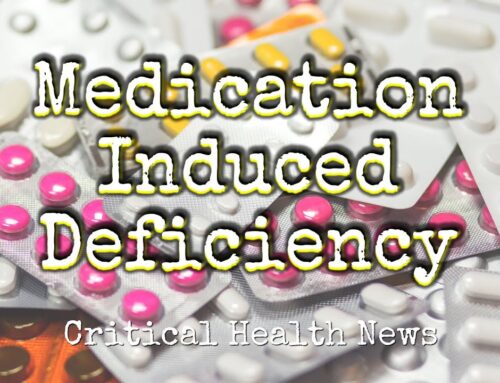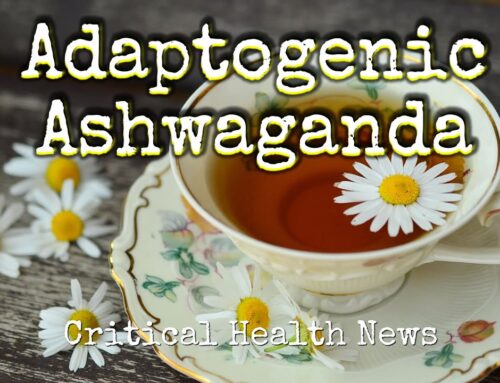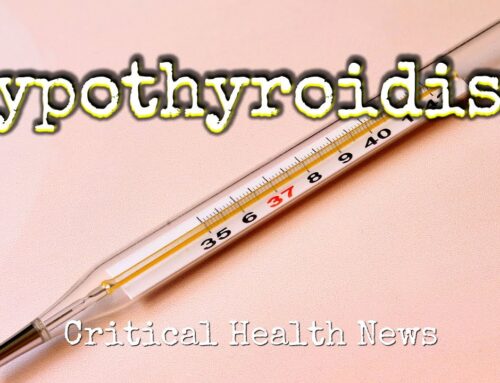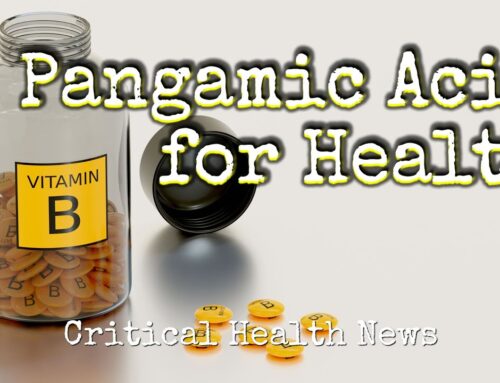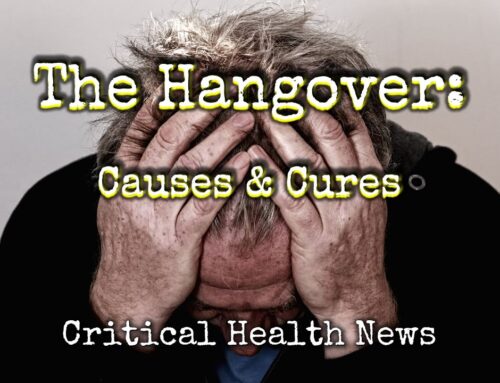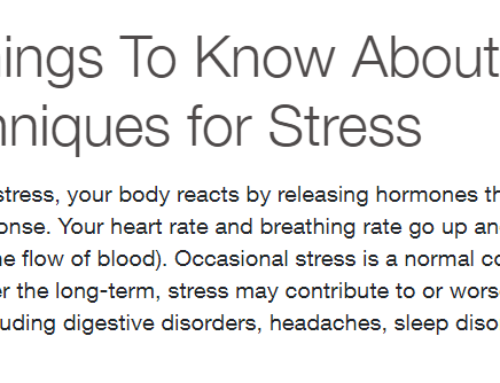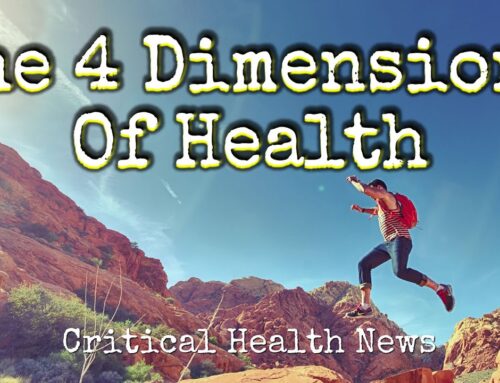The article “Antioxidant Supplements: What You Need To Know” delves into the role of antioxidants in maintaining health and preventing chronic diseases. Antioxidants are substances that counteract the damaging effects of oxidative stress, which can lead to cell damage and contribute to conditions like heart disease and cancer.
The article explains that our bodies produce antioxidants naturally, but additional antioxidants are obtained from foods such as fruits, vegetables, and grains. Some antioxidants, like vitamins C and E and beta-carotene, are available as dietary supplements.
However, the article highlights that while antioxidants are beneficial, taking them in excess, especially through supplements, might not always be advantageous. Research suggests that large doses of antioxidants could interfere with cellular defense mechanisms and signaling pathways. Different antioxidants have distinct properties, and their effects are not interchangeable.
The article reviews extensive research on the effects of antioxidant supplements on various chronic diseases associated with aging, including cancer, cardiovascular disease, eye diseases like macular degeneration and cataracts, and Alzheimer’s disease. The findings indicate that antioxidant supplements may not be as effective in preventing these conditions as previously thought. High doses of beta-carotene, for instance, could increase the risk of lung cancer and death from cardiovascular disease.
The article addresses several specific questions about the impact of antioxidant supplements on various health conditions, including cancer prevention, cardiovascular disease prevention, cataract prevention, age-related macular degeneration (AMD), and cognitive function preservation. It points out that while certain combinations of antioxidants and zinc have shown promise in slowing AMD progression, the evidence for other conditions is mixed.
Importantly, the article stresses that antioxidant supplements should not replace a healthy diet or medical care, and individuals should not delay seeking medical attention for health concerns. It advises consulting healthcare providers before considering dietary supplements, as they could interact with medications and contain undisclosed ingredients. Pregnant or nursing individuals and those considering supplements for children should especially consult healthcare professionals.
In conclusion, the article emphasizes the need for informed decisions regarding antioxidant supplementation, taking into account potential risks and benefits, and working collaboratively with healthcare providers to ensure holistic well-being. It encourages individuals to seek reliable sources of information and communicate openly with healthcare professionals about complementary health approaches they are considering.


